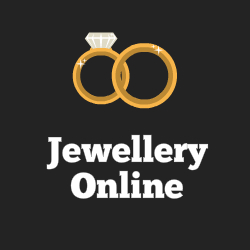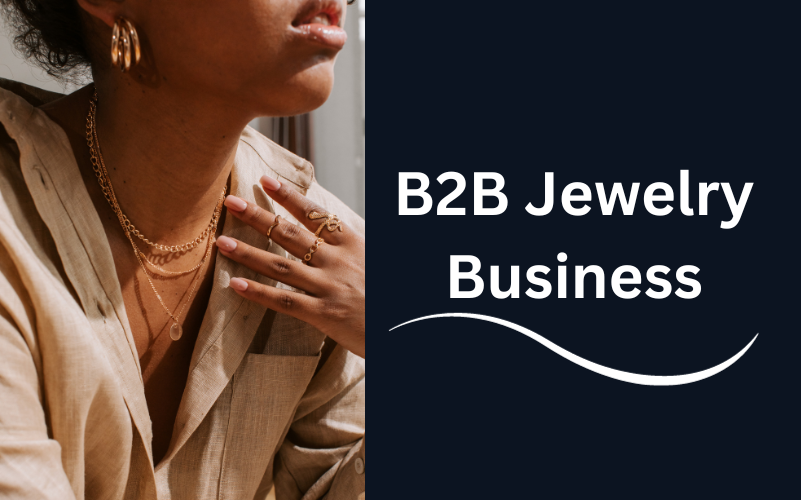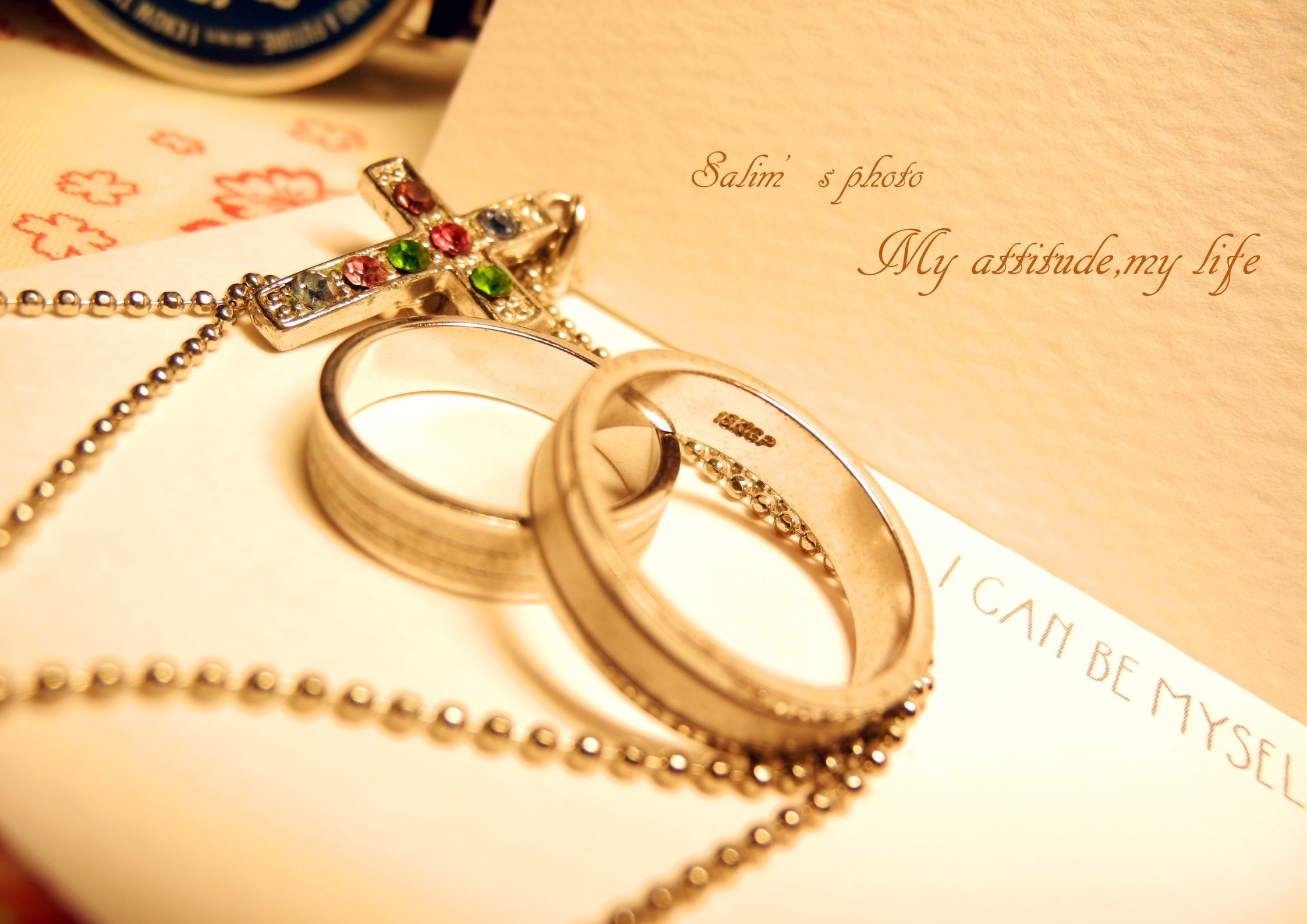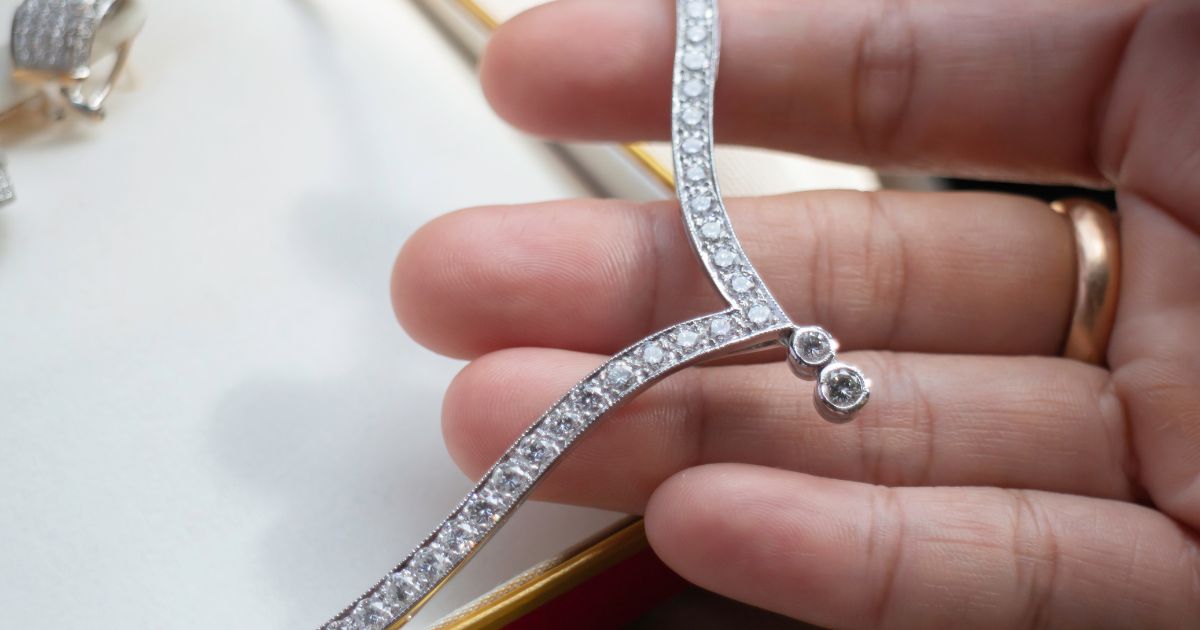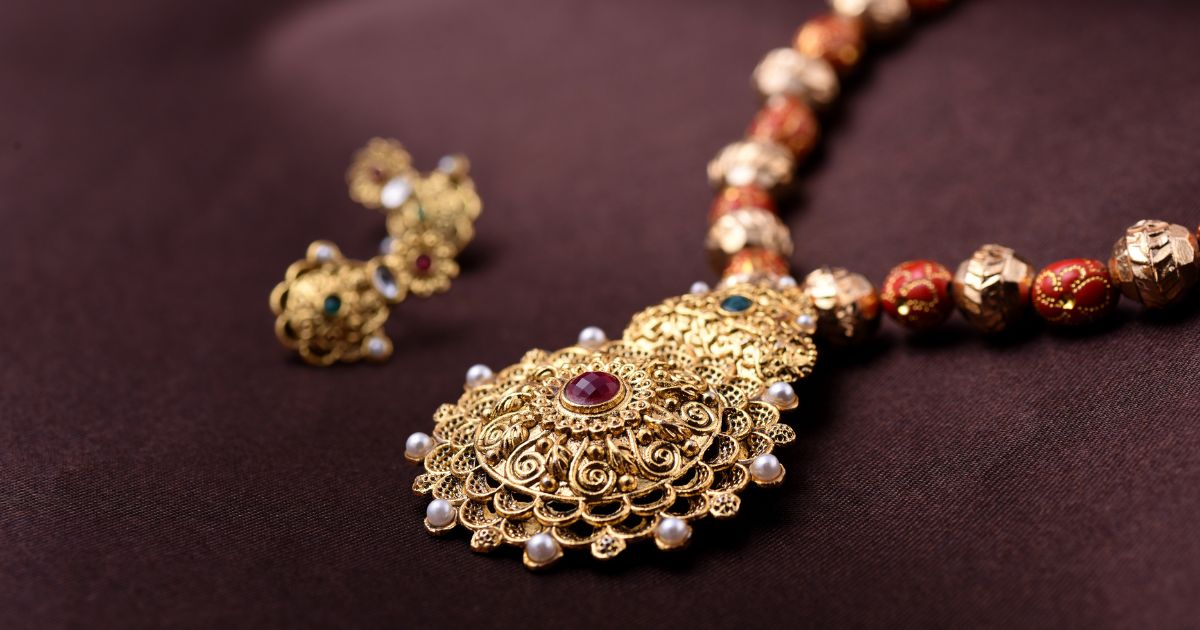Introduction
The B2B (Business-to-Business) jewelry industry is a specialized market that has experienced consistent expansion over the years. This unique sector encapsulates transactions that occur between different businesses within the jewelry industry, such as those between manufacturers, wholesalers, and retailers. These transactions form a complex chain of production, distribution, and sales that propel the industry forward.
In this intricate network, manufacturers are responsible for creating raw materials like precious metals and gems or crafting exquisite finished jewelry pieces. Wholesalers, on the other hand, act as intermediaries who purchase these products in large volumes from manufacturers and then sell them to various retailers. Retailers complete the chain by marketing and selling these pieces to the end consumers.
Navigating this multifaceted B2B jewelry market requires in-depth knowledge, strategic planning, and a keen understanding of the dynamics at play. The following blog post aims to provide a comprehensive guide to not only understand the functioning of the B2B jewelry business but also to succeed in it. It will delve into the key players, the importance of building strong relationships, factors for success, and ways to navigate potential challenges in the industry.
Understanding the B2B Jewelry Market
The B2B jewelry market operates on a different spectrum when compared to its B2C (Business-to-Consumer) counterpart. In the B2B landscape, transactions are not just simple purchases but encompass large-scale exchanges of products. These transactions often involve extensive negotiations that revolve around various factors such as terms and conditions, pricing structures, and delivery schedules.
Unlike the B2C market, where consumers typically buy finished pieces, the B2B market is more diverse in terms of the products involved in transactions. This includes not only finished jewelry pieces but also precious metals like gold, silver, and platinum, precious and semi-precious gemstones, and occasionally, even tools and equipment used in the process of jewelry making.
This diversity extends to the buyers in the B2B market as well. The spectrum runs wide, with buyers ranging from small independent jewelers who might be looking for unique pieces or specific materials to create their own designs, to large retail chains that require bulk volumes of standardized products to meet their customer demand.
Moreover, these transactions in the B2B jewelry market are not impulsive but are strategically planned based on multiple factors like market trends, consumer demand, and inventory management. Therefore, a deeper understanding of both the product and the buyer is essential for successful operations in this market.
.
Key Players in the B2B Jewelry Business
Manufacturers
In the B2B jewelry business, manufacturers are akin to the birthplace of all jewelry products. They are responsible for producing raw materials such as gold, silver, and a variety of precious gemstones like diamonds, rubies, sapphires, and more. Additionally, many manufacturers also create finished jewelry products, from simple pieces like rings and earrings to intricate designs for necklaces and bracelets.
Their role in the supply chain is critical as they significantly influence the quality, design, and, consequently, the market value of the final product. Their craftsmanship, attention to detail, and choice of materials set the standard for the product that follows through the rest of the supply chain. Manufacturers also have the responsibility of adhering to fair trade practices and ensuring the ethical sourcing of raw materials.
Wholesalers
Wholesalers act as the crucial link between manufacturers and retailers in the jewelry industry. They purchase products in large volumes from manufacturers, usually at a discounted rate given the bulk nature of their purchase. These products include both raw materials and finished jewelry pieces.
The role of wholesalers extends beyond just buying and selling. They also store, manage, and distribute these products to various retailers. In doing so, they must maintain the quality of the products, manage logistics and inventory effectively, and ensure timely delivery to retailers. Their relationships with both manufacturers and retailers are key to a smooth and efficient supply chain.
Retailers
Retailers are the final step in the B2B jewelry business supply chain before the product reaches the end consumer. Retailers purchase jewelry from wholesalers or, in some cases, directly from manufacturers. They then sell these pieces to consumers through various channels.
These channels can include physical retail stores – from large-scale chain stores to small independent boutiques – as well as online platforms, which have seen a significant surge in popularity in recent years. Independent jewelers are also a part of the retail sector, often crafting their own unique designs using materials sourced from wholesalers or manufacturers.
Retailers are the face of the jewelry industry to consumers. As such, they have a responsibility to ensure the quality of the products they sell and provide excellent customer service. Their role also includes understanding market trends and consumer preferences to effectively curate their product offering.
Building Relationships in B2B Jewelry Business
The B2B jewelry business, like many industries, is built upon the foundation of relationships. It’s a complex web of interactions between manufacturers, wholesalers, and retailers, where each connection can significantly impact your business’ success.
Nurturing Supplier Relationships
Building strong, mutually beneficial relationships with suppliers is a cornerstone of success in this industry. Such relationships can yield better prices, as suppliers are often more willing to negotiate favorable terms with businesses they have an existing rapport with. This could mean discounted rates for bulk purchases or more flexible payment terms, both of which can significantly improve your bottom line.
Moreover, having a good relationship with your suppliers also translates into access to higher quality goods. Suppliers are more likely to reserve their premium products for businesses they share a good relationship with. Additionally, they may also be more open to customizing products to suit your specific requirements, enabling you to offer unique products that set you apart from competitors.
Reliability in delivery is another advantage of a strong supplier relationship. In an industry where trends change rapidly and stock availability can make or break a sale, having a supplier who can reliably deliver the required products on time is invaluable.
Cultivating Buyer Relationships
On the other side of the equation are your buyers. Fostering good relationships with them is equally critical for sustained growth and profitability. A satisfied buyer is likely to become a repeat customer, bringing in consistent business and contributing to steady revenue streams. Furthermore, happy customers can become advocates for your business, spreading the word within their networks and bringing in new potential buyers. This kind of word-of-mouth marketing is especially valuable in the B2B space, where personal recommendations can significantly influence purchasing decisions.
In the B2B jewelry business, relationships are not just about transactions; they’re about partnerships. Whether it’s with suppliers or buyers, building and maintaining these partnerships require effort, trust, and mutual respect. But the rewards – better prices, quality goods, reliable delivery, repeat business, and increased sales – make it all worthwhile.
Key Factors for Success in the B2B Jewelry Business
Quality Assurance: The Hallmark of Excellence
In the jewelry business, quality isn’t just a desirable trait – it’s an absolute necessity. B2B buyers are constantly in search of high-quality products that will captivate their customers and inspire repeat purchases. Therefore, businesses must ensure that their products not only meet but exceed industry standards.
Quality assurance involves meticulous inspection of raw materials, careful monitoring of the production process, and rigorous testing of finished products. It also includes ensuring ethical sourcing and labor practices. A commitment to quality can significantly enhance a brand’s reputation and foster trust among B2B buyers, making it a key competitive advantage.
Competitive Pricing
Pricing plays a pivotal role in the B2B jewelry business. While buyers are seeking high-quality products, they are also mindful of costs. To stay competitive, businesses must strike a delicate balance between offering attractive prices and maintaining product quality.
Achieving this balance often necessitates efficient production methods and smart sourcing strategies. Businesses may need to negotiate favorable terms with suppliers, optimize manufacturing processes to reduce waste, and leverage technology to improve efficiency. A competitive pricing strategy can attract more B2B buyers and increase market share.
Trend Awareness
The jewelry industry is dynamic, with trends continuously evolving. To maintain a competitive edge, businesses must stay abreast of these changes. This awareness can inform product development, enabling businesses to create pieces that resonate with current consumer preferences.
Moreover, understanding trends can shape marketing strategies. By highlighting products that align with the latest styles and consumer demands, businesses can attract more B2B buyers and boost sales. Staying on top of trends requires constant market research, attending industry events, and listening to customer feedback.
Excellent Customer Service
In the crowded B2B jewelry market, excellent customer service can set a business apart. This includes providing swift and comprehensive responses to inquiries, ensuring reliable and timely delivery, and resolving any issues promptly and professionally.
But excellent customer service goes beyond handling transactions efficiently. It’s about building relationships with buyers, understanding their needs, and going the extra mile to meet those needs. It’s about creating a positive experience that leaves buyers satisfied and more likely to return. In a competitive market, superior customer service can be a powerful differentiator that drives customer loyalty and grows business.
Navigating Challenges in the B2B Jewelry Business
Every business face challenges, and the B2B jewelry business is no exception. Some common challenges include fluctuating raw material prices, global economic instability affecting demand, and maintaining quality control. However, with strategic planning and risk management, these challenges can be navigated successfully.
Conclusion
The B2B jewelry business is a multifaceted and rewarding industry, characterized by its vibrant dynamism and relentless pursuit of excellence. Success in this sphere necessitates a profound understanding of the market’s intricacies, the ability to forge and nurture robust relationships, and an unwavering commitment to quality assurance and standout customer service. Although navigating this complex landscape can pose considerable challenges, it also presents abundant opportunities for businesses to thrive. By staying ahead of trends, balancing competitive pricing with quality, and delivering exceptional customer service, businesses can carve out a unique niche for themselves.
In essence, the B2B jewelry business is not just about transactions; it’s about building partnerships, understanding and meeting needs, and creating shared value. Despite its complexities, those who master these elements can make a significant impact in the dazzling world of jewelry, shining as brightly as the precious pieces they deal with.
